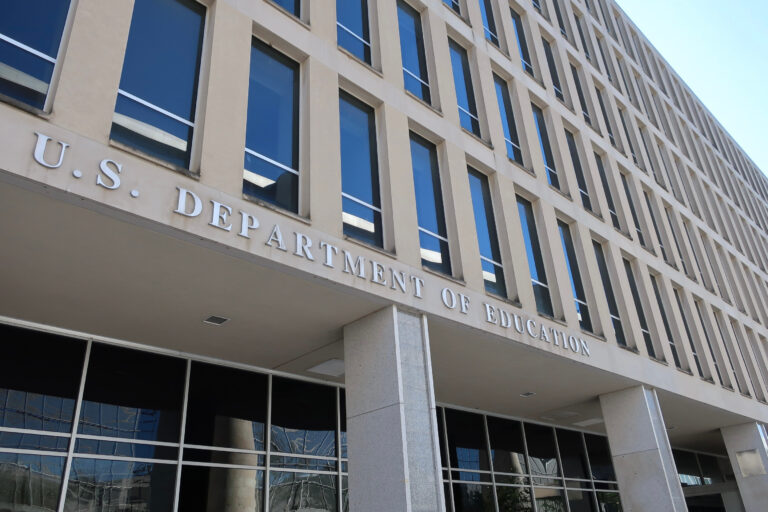Republicans on the House Ways and Means Committee have also proposed a dramatic increase in the excise tax on private college endowments as part of the “big beautiful” budget reconciliation package. If passed, the bill would raise taxes on the investment earnings of universities whose endowments exceed $500,000 per student. [Inside Higher Ed; Forbes, subscription model]
Zoom in: What’s in the Bill?
- Currently, all schools with at least 500 full-time equivalent, tuition-paying students and an endowment worth $500,000 or more per student are subject to a 1.4% tax. This was passed during the first Trump administration in 2017, and would remain the same under the proposed legislation.
- However, the newly-proposed legislation includes additional thresholds for the wealthiest institutions, including a 7% tax for institutions with per-student endowment wealth of $750,000 to $1.25 million, a 14% tax for institutions with endowments worth $1.25 to $2 million per student, and a 21% tax for institutions with endowments worth >$2 million per student.
- Also, the new bill would change the endowment-per-student calculation by excluding international and undocumented students, boosting the per-student endowment of the many universities who have turned to international applicants to improve enrollments and average tuition rates over the past few years
- Finally, the new bill exempts private religious institutions, regardless of their endowment size.
The Joint Committee on Taxation determined that if the bill comes into effect in 2026, these measures would result in an additional $6.7 billion in tax revenue through FY 2034. The House Ways and Means Committee is marking up the bill, and hopes to pass these provisions—along with the rest of the omnibus reconciliation bill—by Memorial Day.
Why it Matters
The bill, whether passed or not, will have a sweeping and urgent impact on institutional financial planning. This is especially true of “elite” institutions like Harvard, Columbia, and Brown, whose budgets have already been the target of intense scrutiny from the Trump administration and clawbacks of federal grant funding. [The New York Times, subscription model]
This article is sourced from Whiteboard Notes, our weekly newsletter of the latest education policy and industry news read by thousands of education leaders, investors, grantmakers, and entrepreneurs. Subscribe here.




